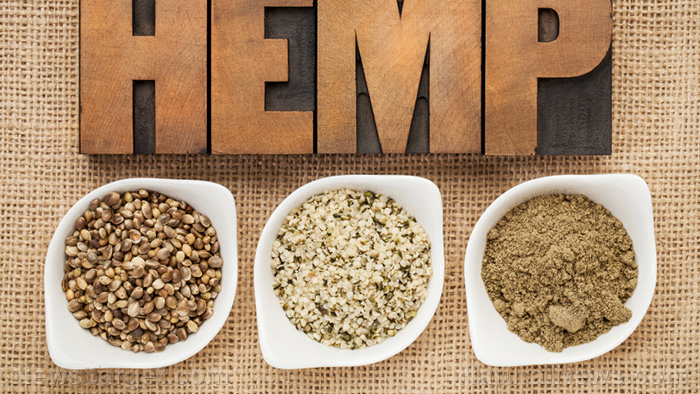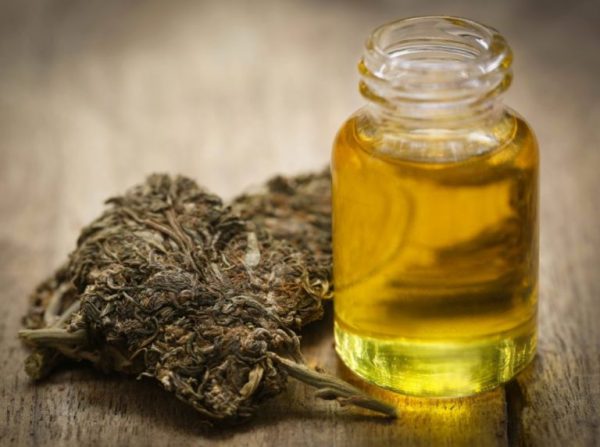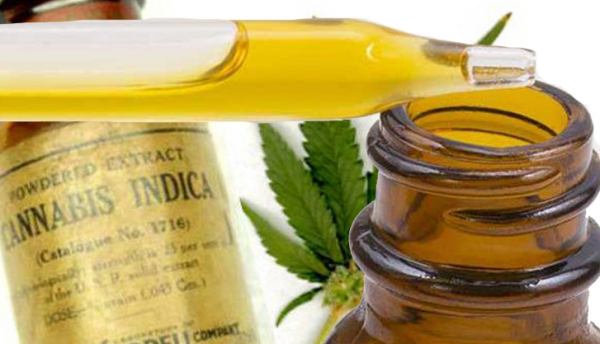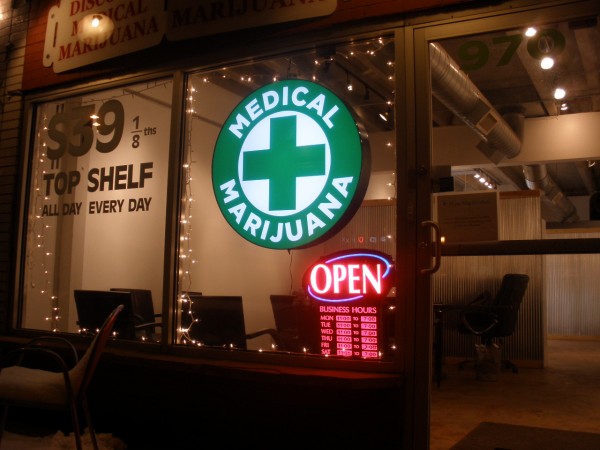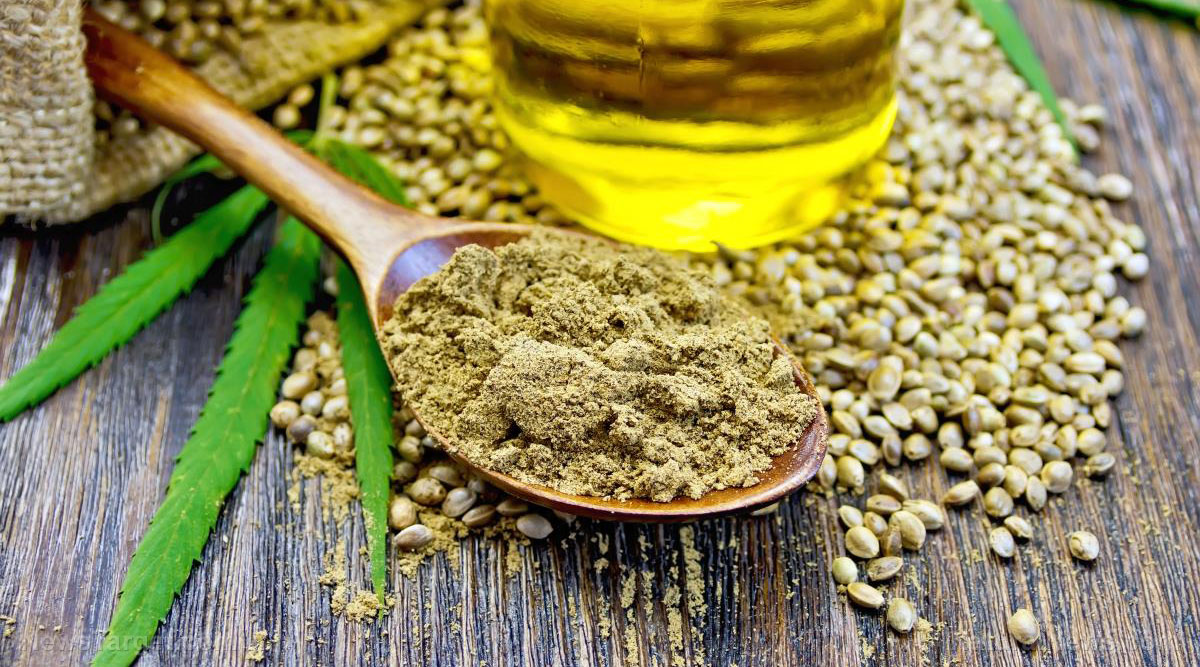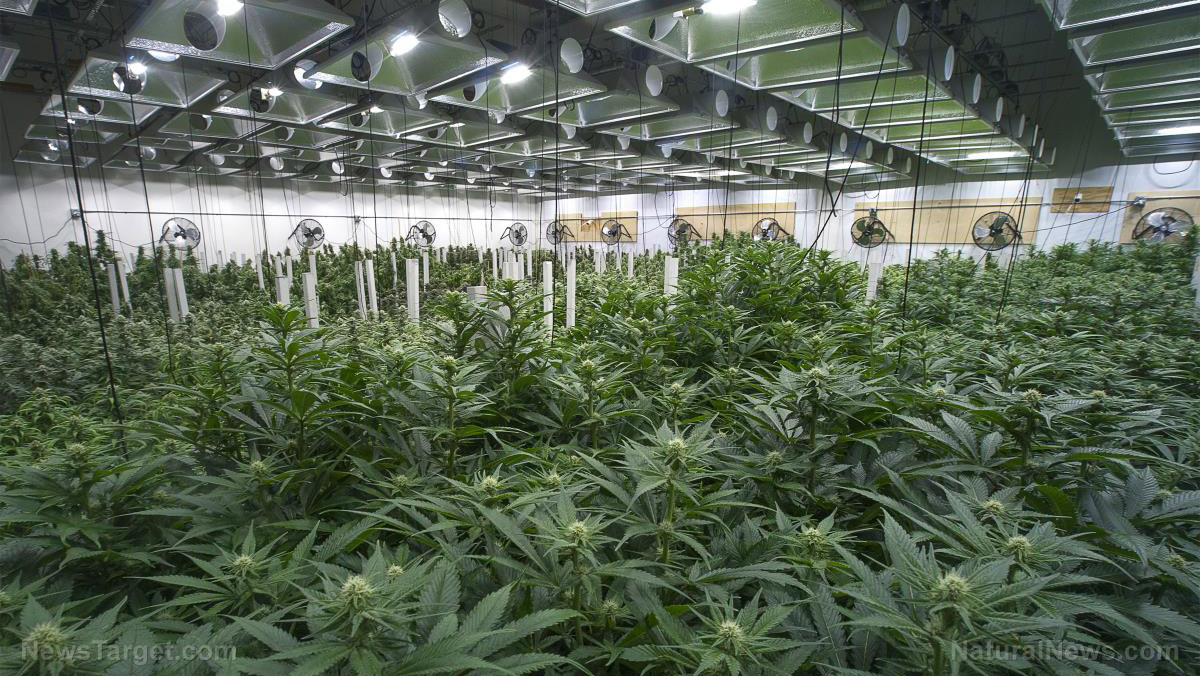Upstate Farm Gets Green Light for Legal Hemp
09/01/2016 / By hempscience

ALBANY — The state’s first legal hemp crop in more than 70 years is thriving on 30 fertile acres of upstate New York, and demand is building for its seeds and stalks.
Article by Joe Mahoney
JD Farms, in the rural Madison County town of Eaton, is growing the hemp as part of a project with Morrisville State College to see how the crop responds to various fertilizers.
Harvested hemp, now allowed to be sold in New York if grown with a permit, can be used in textiles, auto parts, furniture, paper, construction materials, personal care products and food.
“Our phone has been ringing off the hook with calls from people who have businesses that import hemp materials, telling us they would rather use hemp materials from here,” said Assemblywoman Donna Lupardo, D-Broome County.
She and Sen. Tom O’Mara, R-Chemung County, wrote the legislation allowing the hemp plants to be sold once they are harvested.
Burgeoning demand for non-toxic alternatives to industrial materials has turned hemp into a $600 million industry, said Dan Dolgin, a co-owner of JD Farms. But the industry is still limited.
Since 1970, industrial-grade hemp has been listed by the federal government as a Schedule 1 drug, just like its botanical sister, marijuana, despite significant differences between them.
Before hemp seeds imported from Canada could be planted in New York, the U.S. Drug Enforcement Administration had to approve the project.
Dolgin, a former planner with the National Counterterrorism Center, said he and his partner in the farm, Mark Justh, a former investment banker, project their hemp operation could yield as much as $2,000 per acre.
“We’re raising it for every component of the crop we can utilize it for — from seed to stalk,” he said.
The farm’s irrigation system spared the crop from a drought that caused headaches for many upstate farmers this summer, he noted.
Hemp advocates got a boost in 2014, when the 2014 Farm Bill approved by Congress allowed cultivation of the plant for research overseen by colleges and state agricultural agencies. But without state and federal permits, growing hemp remains illegal.
At least 30 states now allow industrial hemp research. New York sanctioned it in 2014, though that measure did not allow the crop to be sold, setting the stage for the measure signed into law by Gov. Andrew Cuomo this month
Dolgin said the state legislation will help the farm fine-tune a business plan.
“If you’re going to study an industry, you can’t do it theoretically,” he said. “You have to actually negotiate price points and establish what the demand is.”
He said he is optimistic that Congress will eventually allow all farmers to grow hemp.
“You can walk into a grocery store and buy it, but you can’t grow it,” he said.
Lupardo said the aim of a law allowing sale of the hemp now being grown for research is to help get an industry off the ground – and give farmers a new cash crop.
The industrial version of cannabis is distinct from its more illicit form.
While the two resemble each other, hemp has only trace amounts of THC — a psychoactive chemical that is much more potent in marijuana, said Jennifer Gilbert-Jenkins, a professor of crop and soil science at Morrisville involved in the research.
The two are as different as sweet corn and field corn, she said. “You know the difference if you’ve tried both,” she said.
Hemp seeds, rich in protein and various minerals, have become popular items at health food stores and food co-ops.
Ryan Demers, an employee of North Country Co-op in Plattsburgh, said the seeds are widely known as a health food and are “a good seller.”
One potential use of the hemp stalks is as packaging material, and Dolgin said he’s been in talks with Ecovative Designs, a company that makes containers out of mushrooms and corn stalks in Green Island, near Troy.
The plant’s medicinal uses — to relieve pain, for example — have sparked the interest of Binghamton University’s School of Pharmacy, which is seeking state permission to grow hemp in greenhouses, Lupardo said.
The effort to make government more accepting of hemp’s value has been slow, said Susie Cody, of the New York Hemp Industries Association.
“But there has been progress the last couple of years,” she said. “If we had an established hemp industry here, like Canada and Europe have, I could definitely see more farmers wanting to give hemp a try.”
Read more at thedailystar.com
Tagged Under: Albany, hemp, legalization, State Hemp Farm




